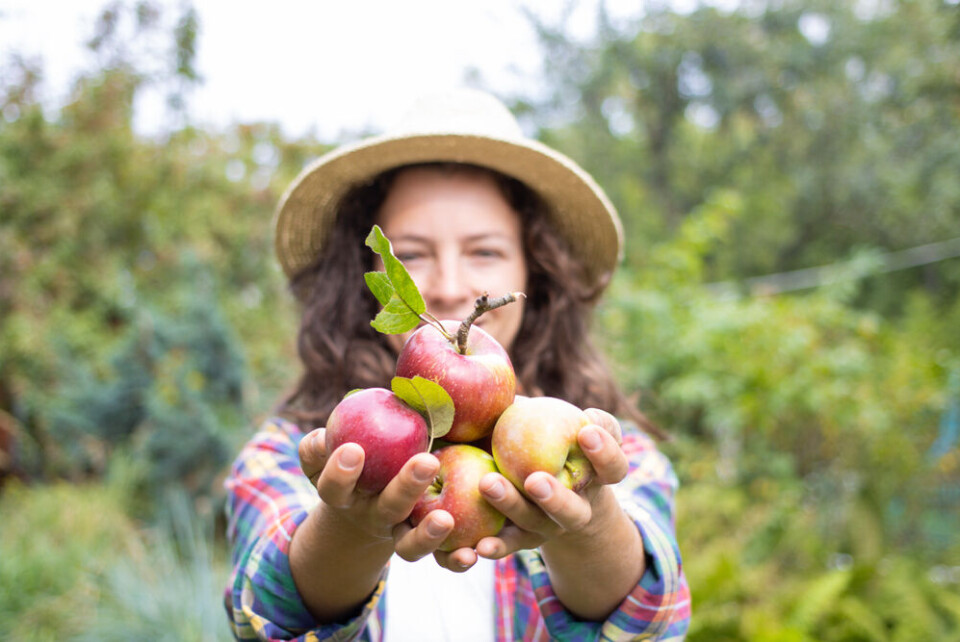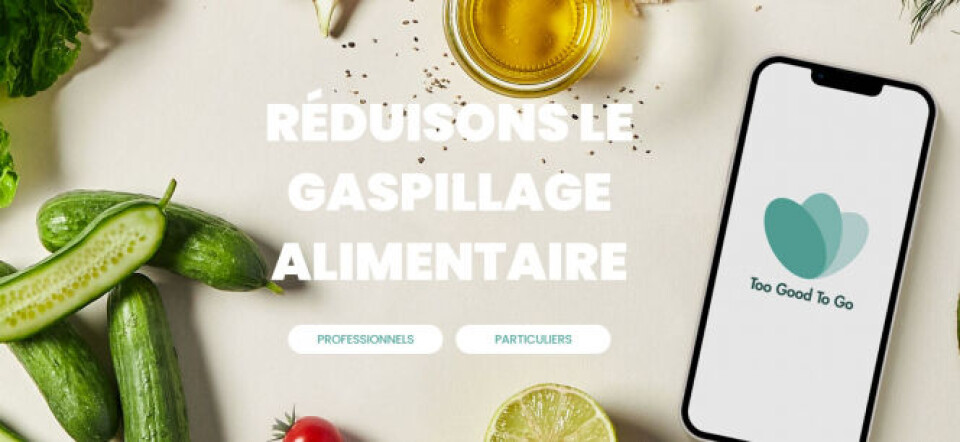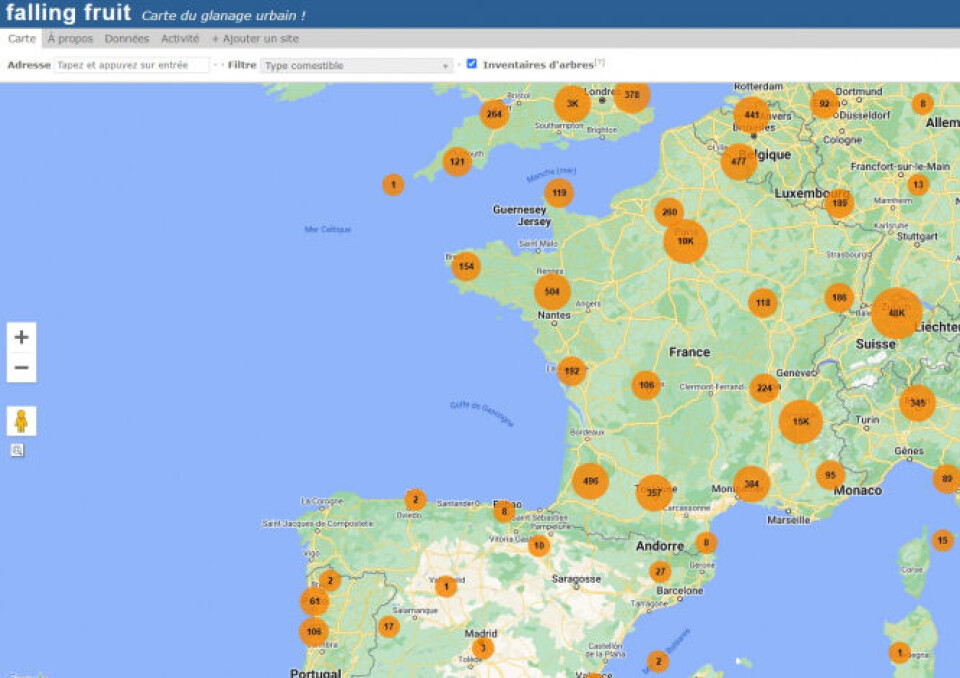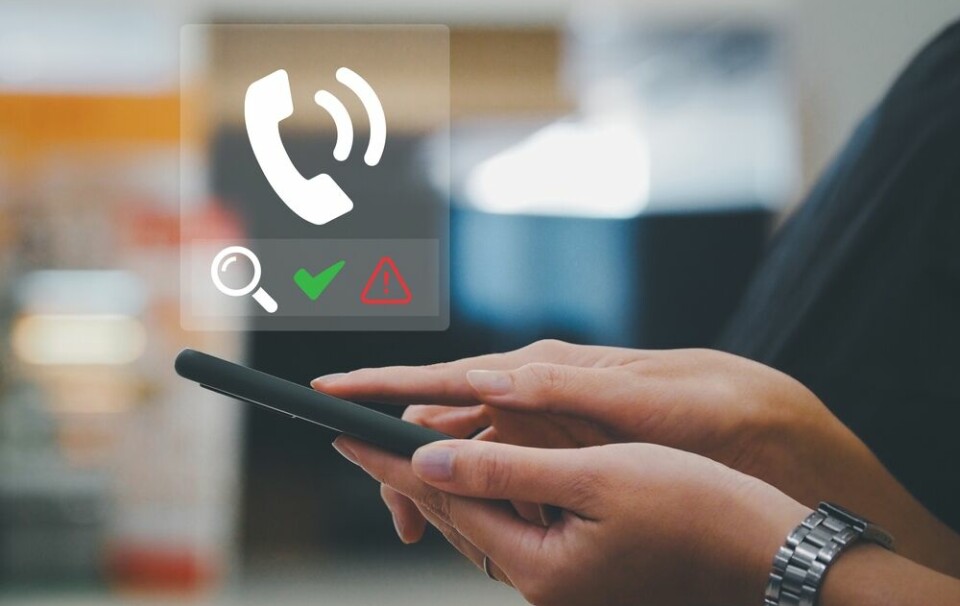-
Ryanair’s presence confirmed at Tours-Val de Loire airport
Bookings for summer flights to Marseille and Morocco are already open
-
Peak in flu cases in France expected in January
Pressure on hospitals is expected to intensify after the holiday period
-
France sees coldest Christmas Day in 15 years as ‘grand froid’ plan triggered
Sharp drop in temperature sees cold weather plan activated in more than a dozen departments
Ideas to avoid wasting fruit – and pick some for free – in France
From a mobile juicing van to an ancestral right to pick your own for free, we round up some ideas for how to avoid fruit waste (and other food waste too)

As apple season approaches in France, a series of new initiatives have sprouted up to help you make the most of the fruit (and avoid wasting any if you have trees in your garden).
Make your own juice
If you have too many apples in your garden, a service called Mouvipress can help. It is a ‘mobile pressing van’, which organises tours of different areas of France from September to December.
It shares its planned locations and invites people to bring apples for making into juice every day. The van presses and pasteurises the juice on-site, for €1 per litre.
Reservation slots are available to book online, and you can see an interactive map of the next few locations online too.
Act against food waste
A growing number of services are now working with consumers to beat food waste, including by collecting excess food, and putting together hampers of goods that would otherwise be thrown away.

Image: WeArePhenix.com
Phenix is one such service. Its smartphone app enables consumers to buy discounted items that would otherwise be thrown away, and shows nearby food stores, grocers, and supermarkets that are offering food at reduced rates.
It also brings together supermarkets and local food stores with hotels, restaurants, grocers, and producers, to create a network of food suppliers and users in a bid to minimise the amount of food that is thrown away and wasted.
Consumers can also sign up for newsletter updates from Phenix, for more tips on how to waste less food.

Image: TooGoodToGo.fr
Another similar app is Too Good To Go.
Takeup of such apps is relatively common in France, with a recent YouGov survey finding that more than almost two in five people (38%) use an ‘anti-waste’ app. Too Good To Go, in particular, is used by 12.5 million consumers.
However, a recent poll found that people in France waste €67 a month on average on food that they later throw away, and that 26-50% of the food they buy ends up in the bin.
Supermarkets are starting to become more aware of this, and some have recently launched anti-waste measures, such as ways to buy ‘imperfect, ugly’ fresh produce for discounted prices.
Another initiative includes removing ‘best before dates’ for products that can be safely eaten after this date (in contrast to ‘use by’ dates, which typically show the last date that an item can be safely consumed).
Read more: Organise your fridge, know labels: French experts’ food-saving tips
Pick up unwanted fruit
Another solution is to pick up unwanted fruit from other locations, to avoid it rotting on the ground. This is called ‘glanage’ or ‘glaner’ in French (‘gleaning’ in English).
It is a traditional activity that has its own rules and customs.
In 2016, the minister for agriculture said: "Gleaning is an ancestral right that can only be exercised on someone else's land after the harvest has been removed.
“Tolerated during the day and without tools, gleaning is distinct from three other practices: maraudage (stealing cultivated fruit and vegetables when they are not detached), grappillage (recovering after harvesting what remains on fruit trees or vine stocks and which could constitute a second harvest), and raking (using tools such as a rake to harvest).”
Simply put, glanage amounts to picking up waste fruit only, which has already fallen to the ground, which is not part of the wider harvest, and which can be done without tools, during the day only.
It is banned on land that is fenced in. Most farmers understand the rules, and show some tolerance towards the practice.
However, while not legally required, it is recommended that you ask the farmer or landowner before starting – not only to be polite, but also to check that the harvest is finished, and that no dangerous tools, machines, or other systems are still working on the land.

Image: FallingFruit.org
A global map on the website FallingFruit.org aims to show locations in which the fruit can be collected, and where there are fruit trees in the public domain.
These include fields, farms, wild trees, and roadsides. People can leave reviews of the locations, and the map also aims to show real-time updates of the quantity and quality of the fruit available. Some of the locations even show public bins that regularly have large quantities of waste fruit.
There are more than 27,000 locations marked in France alone.
Related articles
May I pick fruit from a tree on a public road?
Supermarkets in France offer anti-waste measures to help shoppers save
























